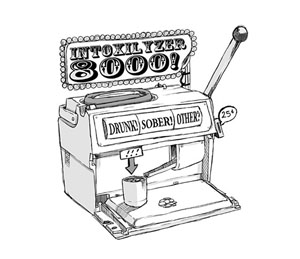 A petition was filed with Florida’s Division of Administrative hearings last week challenging the use of the breath-testing machine, the Intoxilyzer 8000, as a reliable device in drunk driving prosecutions.
A petition was filed with Florida’s Division of Administrative hearings last week challenging the use of the breath-testing machine, the Intoxilyzer 8000, as a reliable device in drunk driving prosecutions.
The petitioners released a statement which accused the Florida Department of Law Enforcement of deliberately hiding information about the number of failed test results produced by the machine. The statement included that the FDLE withheld “information about failures by the Intoxilyzer 8000 during its initial approval testing in 2002.”
The attorneys filing the petition complained that even when the machine was approved in 2002, that it failed a significant amount of tests. They also said that the FDLE got approval for the Intoxilyzer 8000 without notifying the public or state government officials of these test results.
In 2009, a panel of judges in Brevard County ruled that 56 DUI cases would not be thrown out based on an argument that the Intoxilyzer was not approved for use in Florida, the argument was that specific parts were not in compliance with regulations.
The Intoxilyzer 8000 is manufactured by CMI in Kentucky and the source code for the machine has been the issue of litigation across the country.
If an administrative ruling in favor of the attorneys petition transpired, it could mean the FDLE would need to get another approval for the Intoxilyzer 8000, and it may also affect whether past breath-results could be used in pending DUI cases. Judge Stuart Lerner has been assigned to the case but has not yet set a hearing.
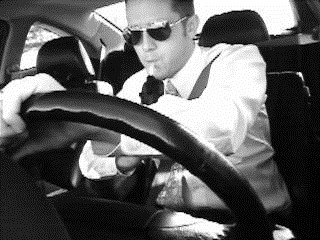 Georgia has been overdue for DUI law reform, and in April the State Senate expanded SB 236, an Act which allows repeat DUI offenders to have more flexibility in their driving privileges.
Georgia has been overdue for DUI law reform, and in April the State Senate expanded SB 236, an Act which allows repeat DUI offenders to have more flexibility in their driving privileges.
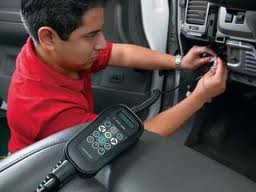 A new Alabama law took effect September 1 that will affect people convicted of DUI with a BAC above 0.15%. The ignition interlock device is a machine installed in a vehicle to test the BAC of the driver, and many states have laws that make these devices mandatory after a person has been convicted of a DUI.
A new Alabama law took effect September 1 that will affect people convicted of DUI with a BAC above 0.15%. The ignition interlock device is a machine installed in a vehicle to test the BAC of the driver, and many states have laws that make these devices mandatory after a person has been convicted of a DUI.
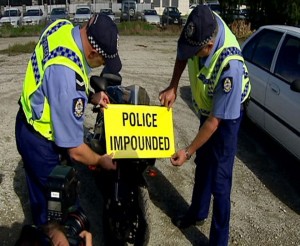 Bernalillo County in Arizona passed the Vehicle Seizure and Forfeiture Ordinance, an ordinance that is very similar to a law in the city of Albuquerque. Commissioner Wayne Johnson said the ordinance will seize the vehicles of repeat DWI offenders. Johnson said that if you have one DWI conviction and are arrested for another DWI, then your vehicle can be seized. Johnson said that counties surrounding Albuquerque have become a safe haven for drunk driving offenders, who have learned the laws and began using county instead of city roads. He repeated a story he heard from the city’s hearing examiner about a “gentleman who blew through a stop sign and went down the street and would not pull over until he got outside the city limit.” As the current law stands, a repeat offender who crosses over the river and pulls over when they are in the county would be allowed to keep their car. The new program is projected to cost the county $2 million and the Commissioner says the county is reportedly having discussions with the city about how to work together to save money. The number of cars brought to the city’s seizure lot is expected to increase and the vehicles which get auctioned off will help pay for the program. The new law is set to go into effect October 26, 2012.
Bernalillo County in Arizona passed the Vehicle Seizure and Forfeiture Ordinance, an ordinance that is very similar to a law in the city of Albuquerque. Commissioner Wayne Johnson said the ordinance will seize the vehicles of repeat DWI offenders. Johnson said that if you have one DWI conviction and are arrested for another DWI, then your vehicle can be seized. Johnson said that counties surrounding Albuquerque have become a safe haven for drunk driving offenders, who have learned the laws and began using county instead of city roads. He repeated a story he heard from the city’s hearing examiner about a “gentleman who blew through a stop sign and went down the street and would not pull over until he got outside the city limit.” As the current law stands, a repeat offender who crosses over the river and pulls over when they are in the county would be allowed to keep their car. The new program is projected to cost the county $2 million and the Commissioner says the county is reportedly having discussions with the city about how to work together to save money. The number of cars brought to the city’s seizure lot is expected to increase and the vehicles which get auctioned off will help pay for the program. The new law is set to go into effect October 26, 2012.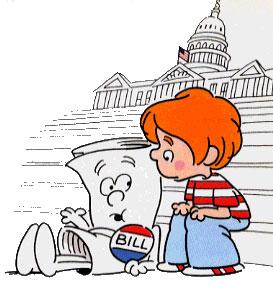 Ed Gruchalla is a member of the North Dakota House of Representatives whose bipartisan suppport of a
Ed Gruchalla is a member of the North Dakota House of Representatives whose bipartisan suppport of a  New Jersey will receive
New Jersey will receive

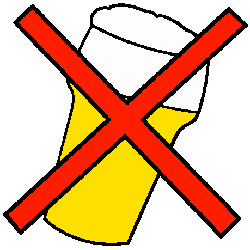 Wyoming is considering adopting a
Wyoming is considering adopting a